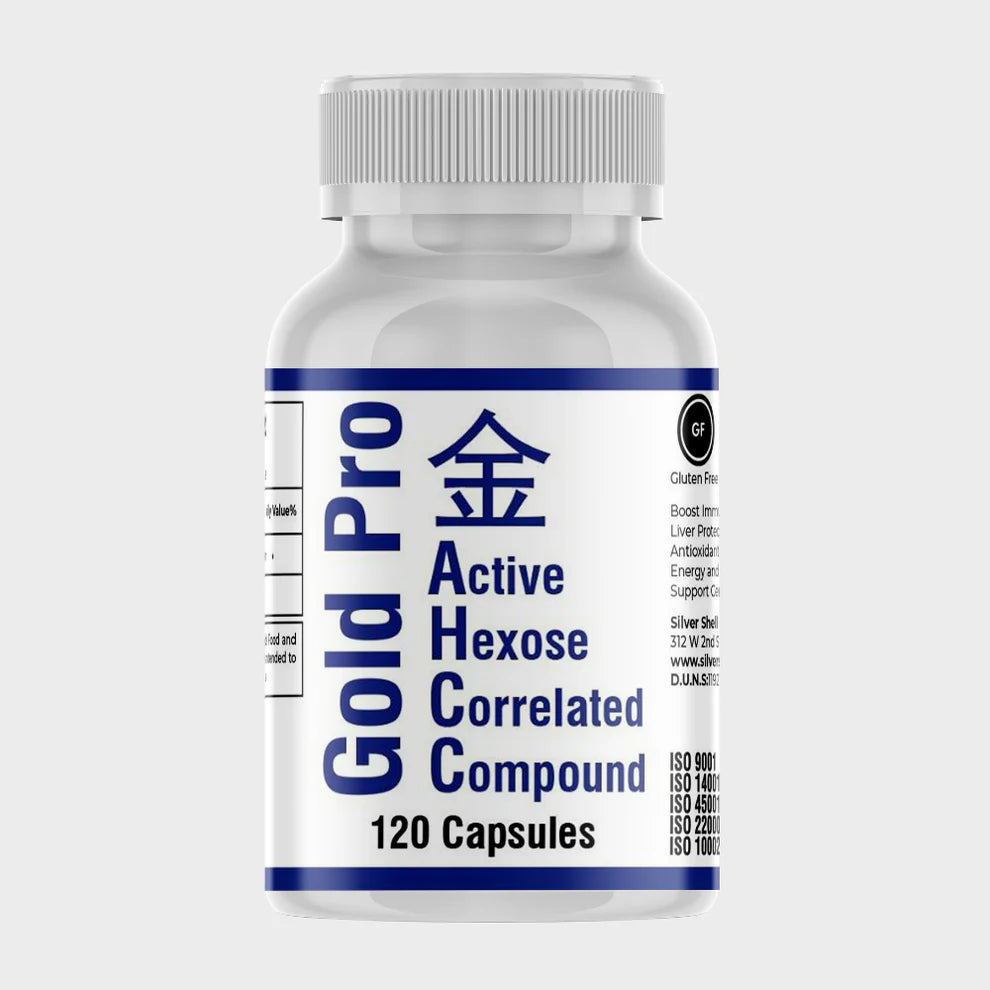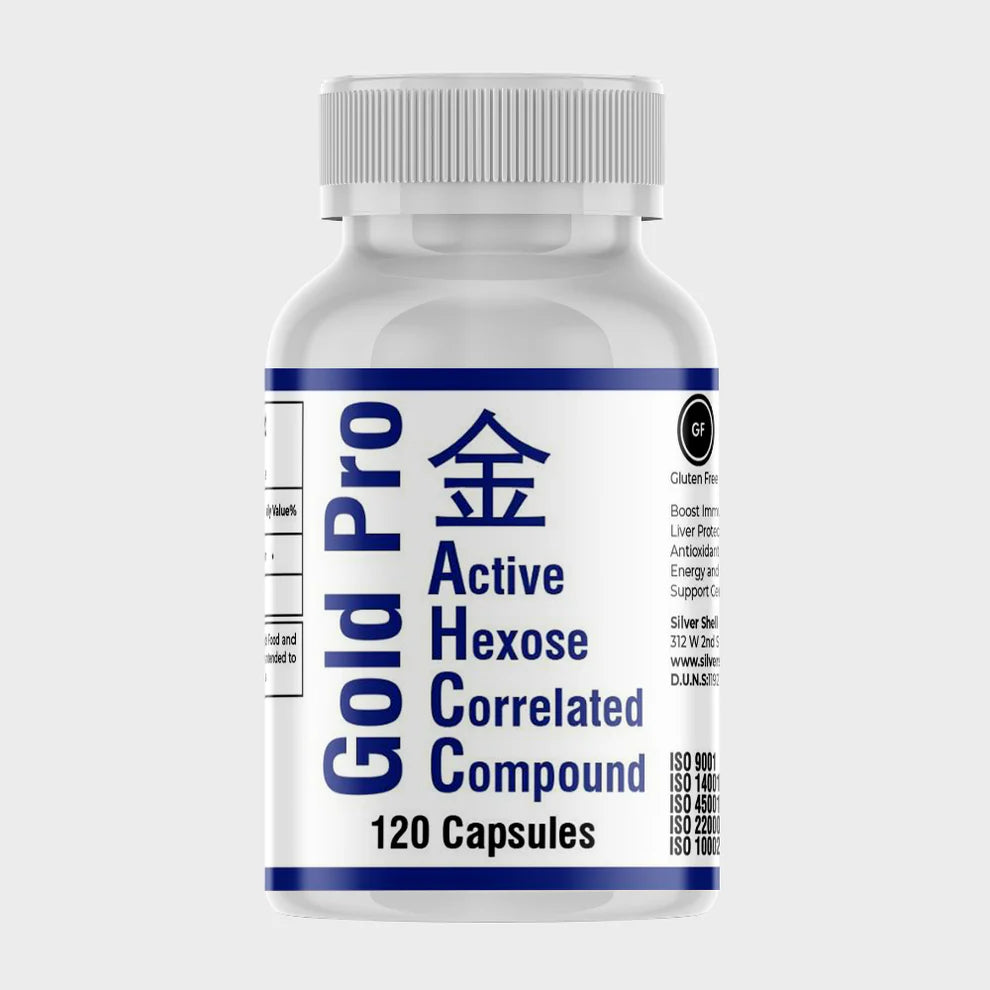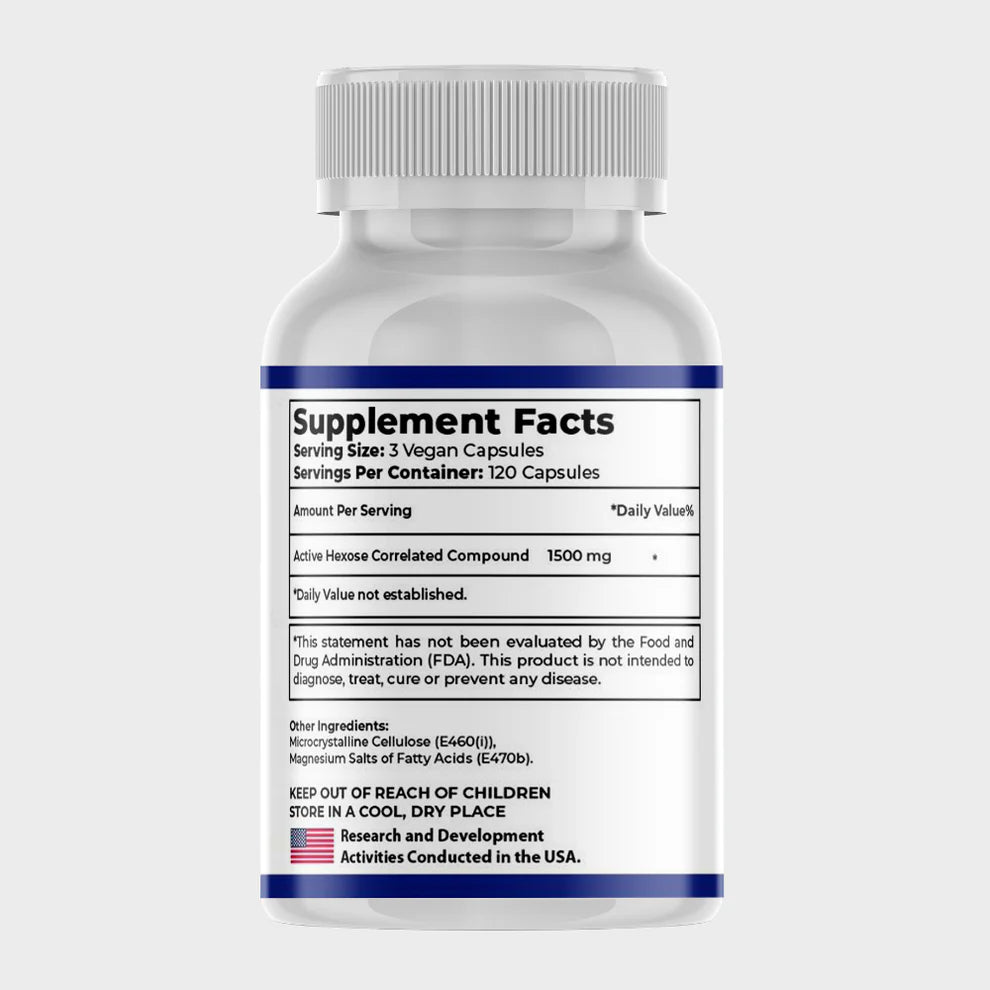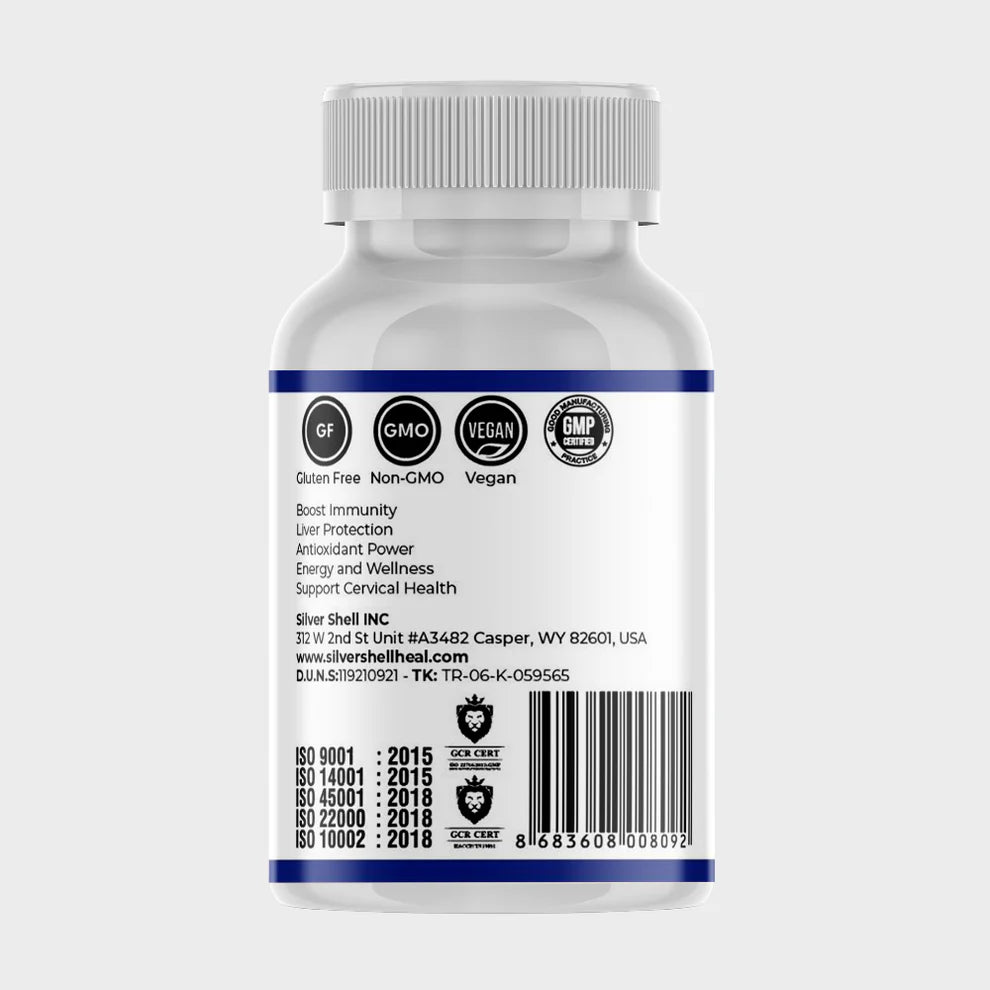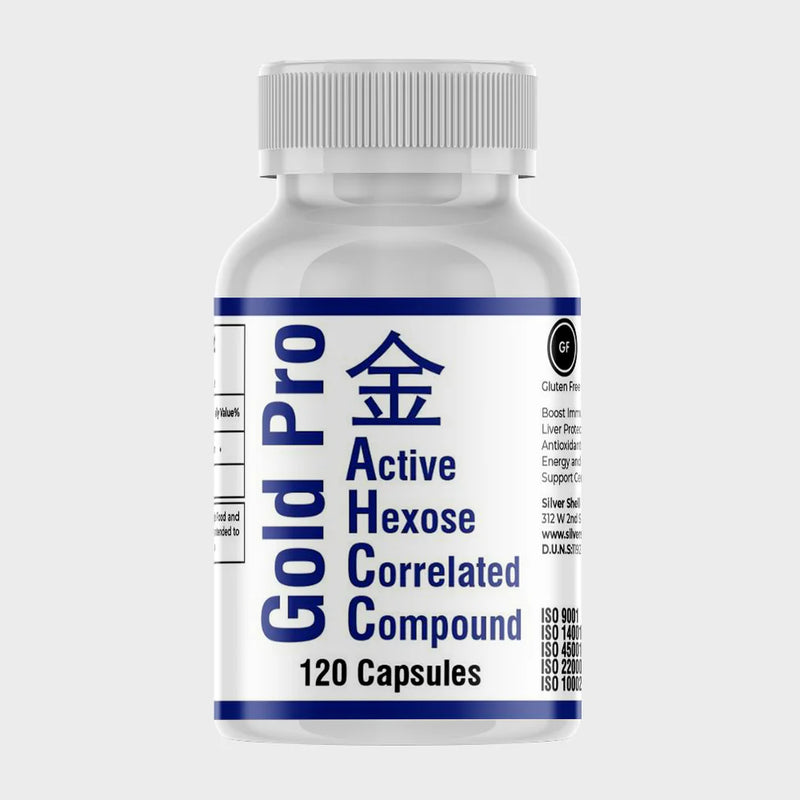Being diagnosed with Human Papillomavirus (HPV) can be both emotionally and physically taxing. Empowering yourself with the right information can make a significant difference. Here are five crucial things to remember if you find yourself facing an HPV diagnosis:
1. You Are Not Alone
HPV is incredibly common, affecting millions of people globally each year. Most sexually active individuals will contract at least one type of HPV in their lifetime. This prevalence highlights that HPV is not a reflection of your character or values but a common health issue.
2. Reducing the Spread of HPV
Though HPV is highly contagious, you can adopt effective strategies to minimize transmission:
-
Vaccination: The HPV vaccine is highly effective against the most harmful strains of the virus.
-
Safe Sex Practices: Using condoms can significantly reduce the risk, although they don't completely eliminate it. Avoiding sexual intercourse during flare-ups and maintaining open communication with your partner are crucial.
- Regular Screenings: Encourage your partners to get regular HPV screenings and vaccinations to help detect and prevent the spread of the virus.
3. Ending the Stigma: There’s No Reason to Feel Ashamed
A diagnosis of HPV can bring feelings of shame or embarrassment due to its sexual transmission. It's vital to understand that HPV is a health issue, not a moral failing. By talking openly about HPV, we can foster a supportive and understanding community.
4. Exploring Treatment Options
Treatments are available for the health problems it can cause, such as genital warts and cervical cancer. Holistic approaches can also support managing HPV-related symptoms:
-
Dietary Adjustments: A diet rich in fruits, vegetables, and antioxidants supports a robust immune system.
-
Stress Reduction: Practices like yoga, meditation, and regular exercise can help reduce stress, which may impact the immune system's ability to fight the virus.
- Supplements: Vitamins and supplements, such as folic acid, vitamin B12, and AHCC (Active Hexose Correlated Compound), have been studied for their potential to support immune health in those with HPV.
5. You Don’t Have to “Watch and Wait”
The traditional approach to managing HPV has been to "watch and wait," especially for abnormal Pap smears. However, proactive steps can help manage the condition:
-
Diet and Lifestyle: Adopting a healthy lifestyle can bolster your immune system, potentially helping your body clear the virus more efficiently. Reducing alcohol consumption and quitting smoking are crucial interventions.
-
Targeted Supplementation: Supplements such as vitamin D, green tea extracts, and probiotics can support cervical health and immune function.
- Regular Monitoring: Keep up with regular Pap smears and HPV tests as recommended by your healthcare provider to monitor any changes in your cervical health. Advocate for yourself by requesting regular check-ups if necessary.
Conclusion
An HPV diagnosis doesn't mean you have to face it alone or in silence. With the right knowledge and support, you can navigate this challenge proactively. Remember, you have control over many aspects of your health and well-being, and numerous resources and communities are ready to support you every step of the way.




